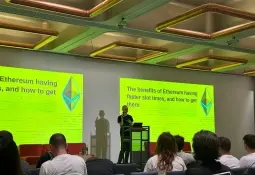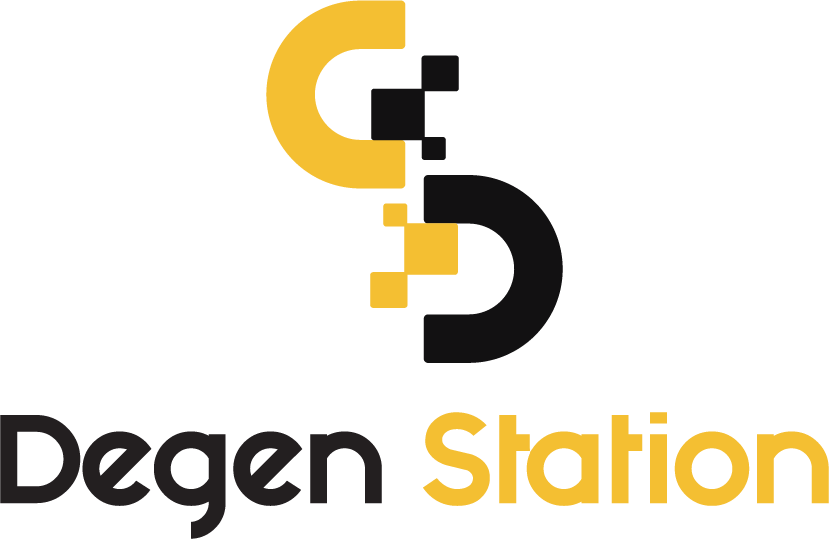Vitalik Buterin Continues to Advocate for Shortening Block Confirmation Time at EthCC Conference

At the EthCC conference held in Belgium, Ethereum co-founder Vitalik Buterin reiterated the importance of reducing block confirmation times on this blockchain.

During a panel discussion on Pre-Confirmations (or "Soft Confirmations"), Vitalik Buterin highlighted the benefits of faster Slot verification (an equivalent concept to Blocks) on Ethereum.
Specifically, Buterin argued that the Soft Confirmation model on Layer-2 represents a significant leap forward for the Ethereum ecosystem in general, taking approximately 1 second compared to pure Ethereum verification (pre-EIP-1559 upgrade) that could take as long as 10-13 minutes.
First EthCC coverage of the week at Sequencing x CAKE Day hosted by @EspressoSys and @FrontierDotTech
— The Rollup (@therollupco) July 7, 2024
Faster Slot Times by @VitalikButerin
In his presentation, Vitalik considers the tradeoffs of decreasing block times in Ethereum for quicker transaction finality. Let's take a… pic.twitter.com/clXDWQ55Xb
Despite speed improvements, the Soft Confirmation model on Layer-2 still reveals limitations. Therefore, Vitalik Buterin stressed the need for alternative approaches so that users do not have to compromise on other aspects, particularly decentralization.
Additionally, Vitalik proposed a Medium-strength Assurance approach over Finality. While Finality edges out slightly in security, the first approach emphasizes compromise and "temporary trade-offs" to facilitate faster transaction confirmations with an acceptable level of security.
Approaches to help users achieve shorter Confirmation times include:
- An independent Soft Confirmation system on Layer-2
- Soft Confirmation mechanism via Proposers on Layer-1
- Shortening Slot verification times under Layer-1
With these initial approaches, Vitalik Buterin highlighted their respective limitations. For Layer-2, the workload would be substantial and require significant time to fully deploy an optimized Pre-Confirmations model. Meanwhile, assigning Confirmation roles to Proposers increases dependency on this component, potentially impacting network decentralization and censor resistance.
To summarize: there are 3 strategies to get users shorter confirmations.
— Espresso Systems (@EspressoSys) July 7, 2024
- independent L2 preconfs
- L1-organized preconfs
- L1 slots being natively faster
A lot of thought and strategy needs to be given to how we consider these and put them in practice
Due to these barriers, Vitalik argued that Layer-1 should have shorter Slot verification times to shoulder some of the speed burdens that Layer-2 must handle. Furthermore, shorter Slot verification times on Layer-1 could potentially phase out less decentralized Layer-2 models, redistributing the pressure of transaction confirmation times back to Layer-1.
This is not the first time Vitalik has advocated for implementing a "Single-slot Finality" model to shorten Verification times on Ethereum. Just last week, the co-founder introduced the "slot-and-epoch" model, proposing an equitable distribution of speed pressures across network Layers.
It's evident that criticisms of many Layer-2 solutions regarding security risks have prompted Ethereum developers to rapidly deploy new solutions to ensure safe verification capabilities at higher speeds while maintaining decentralization.





